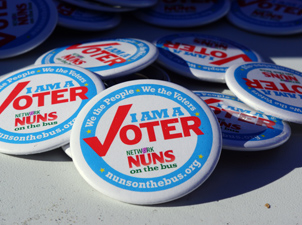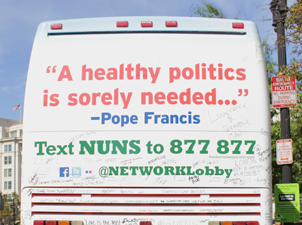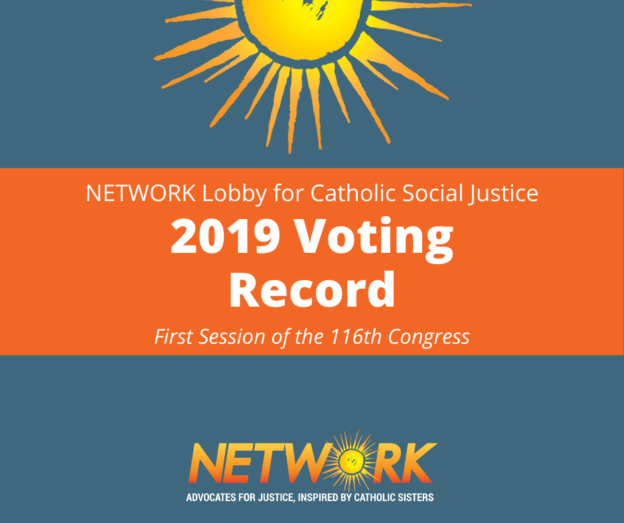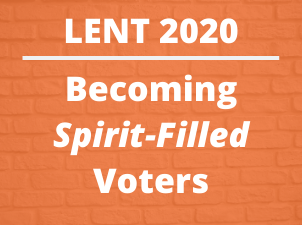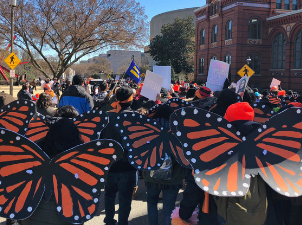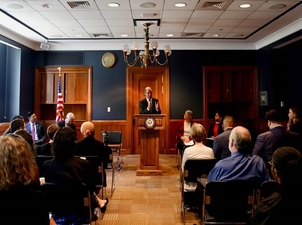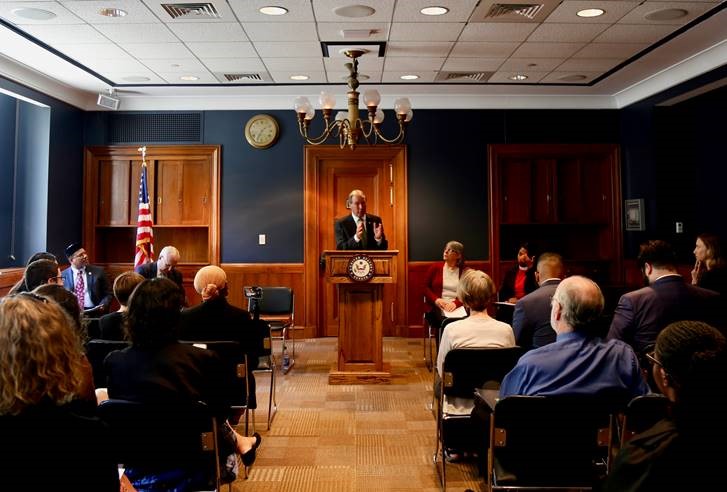
NETWORK, Faithful Democracy Coalition Request $4 Billion for 2020 Elections
Sister Quincy Howard, OP
May 5, 2020
As Congress begins discussions of the next coronavirus response package, NETWORK joins the Faithful Democracy coalition in urging Congress to protect voting rights during the COVID-19 pandemic. A letter signed by NETWORK and 28 other national faith-based advocacy organizations was sent to Capitol Hill today. The letter says:
“We cannot risk undermining our foundational democratic systems. The federal government must enable states and local jurisdictions to prepare for an historic election, even in the midst of this crisis. Planning and preparations must begin now to protect the integrity of the 2020 election and ensure that new protocols for voter participation are safe and accessible.…
The $400 million for elections in the CARES Act was a welcome start but is woefully insufficient. Faithful Democracy calls for $4 billion in the next response package for the Election Assistance Commission to uphold a safe and secure general election and to support states and localities still facing risks with primary elections”.













